Helen Tope reviews Cold War, showing at Plymouth Arts Centre until this Thursday (tickets available here).
Against the backdrop of communist Poland, Cold War is a love story that travels across Europe, going behind and beyond the Iron Curtain. Directed by Pawel Pawlikowski (Ida, The Woman in the Fifth), Cold War takes its inspiration from a source close to home.
Based loosely on his parents’ lives, Pawel describes them as “strong, wonderful people, but as a couple, a never-ending disaster”. We meet this disaster in Poland, 1949. The newly-formed communist government wants to connect with the country’s rural population. Someone has the bright idea of doing this through music. Poland’s folk heritage is used as a political ploy to win over the undecided by reintroducing them to their cultural past. Even in the 1940’s, the music of the fields would be a lost world to many. A troupe of musicians and artists is given the task of finding local talent. Village by village, they seek out the best of the best.
The hopefuls are auditioned by troupe leader Wiktor (Tomasz Kot). Stepping up to audition is Zula (Joanna Kelig). Singing a song from a Russian movie, she instantly marks herself out from the crowd. Bold, dynamic and on parole for stabbing her abusive father, Zula is a star ready to be found. Wiktor is instantly smitten.
The seductive Zula initiates a relationship with Wiktor. As the singers and dancers tour Europe with a showcase of rural music, Wiktor spots an opportunity to defect whilst performing in Berlin. He waits by the checkpoint for Zula to join him. She never comes, and Wiktor walks silently over the border, from Germany, into France.
As a love story, Cold War makes good use of its passport. Hopping between Paris, Berlin, Warsaw, the two lovers reconnect through music. Zula joins Wiktor in 1950’s Paris; a city filled with the promise of excitement. Zula’s voice, low, melodic and full-bodied, adapts easily and she crosses the line from folk to jazz. This should be where the film ends, but instead the couple do not find peace here. They argue, they fight. Zula begins to question whether she is better off back home.
As an Oscar winner for Ida, Pawlikowski sticks to a winning formula. Shot in beautifully-textured black and white, Cold War is a love letter to post-war Europe. Described by critics as a ‘dark musical’, Cold War is a film that steps away from genre into something less definable. Filled with music and dance, it is also a dramatic piece, with performances that will see Cold War feature on award shortlists later this year. But it is music that binds this film together – from the tradition of folk, passed from generation to generation – to the newly-minted world of jazz. Pawlikowski presents both worlds with equal passion.
We move from music of the people through a cultural shift that sees music expressing the desires of the individual. In Paris, the tone is set by Ella Fitzgerald and Billie Holiday (imports, like our lead characters). Zula transitions to jazz easily, but her heart just isn’t in it. As Zula searches for an authenticity, Cold War explores the idea of what ‘home’ is. When in Poland, Zula and Wiktor long to travel and escape. When they make it to Western Europe, they discover that unhappiness can follow you anywhere.
The success of Cold War rests on its two leads. As the world-weary troupe leader, Tomasz Kot as Wiktor gives us a studied stillness that plays perfectly against Kelig’s barnstorming performance as Zula. As the eager wannabe, Kelig is intelligent, wilful and talented. Answering the question “can you dance?” with an assurance she can do the basics and learn the rest, Kelig masters the audition and the film. She grabs our attention and refuses to let go. Kelig’s voice is full of story and complexity, a touching counterpoint to the simple country tunes she is asked to sing. The girl is too big for the song, and she knows it. Eyeing the big time – Berlin, Moscow, maybe more – she sets her gaze firmly on Wiktor.
Kelig makes her character instantly recognisable to modern audiences. The early scenes of hopefuls waiting in corridors are pure X Factor, and Zula’s ability to adapt would definitely get her through to the live shows. Success comes quickly for Zula, but she is ready to walk away from it, just the same.
The moments where we hear Poland’s folk music are where Cold War excels. Treated with respect and admiration, the songs are simple but stunningly effective. As a love story, Cold War is an imperfect gem – messy, chaotic and deliberately so. But in its devotion to music, the film becomes transcendent. The call of music from the fields; the brave, bluesy sound of American singers defying the odds to make themselves heard. Music has the capacity to make us brilliant.
In the notes left unplayed, Pawlikowski riffs on what it means to be free; how it feels to be contained. In just 88 minutes, Pawel says what other directors would need 3 hours to articulate.
Across boundaries and beyond borders, Cold War is a love story that crosses the divide. A film that refuses to be pinned down, Cold War offers a narrative that is gloriously frustrating, and all too human.
Helen Tope
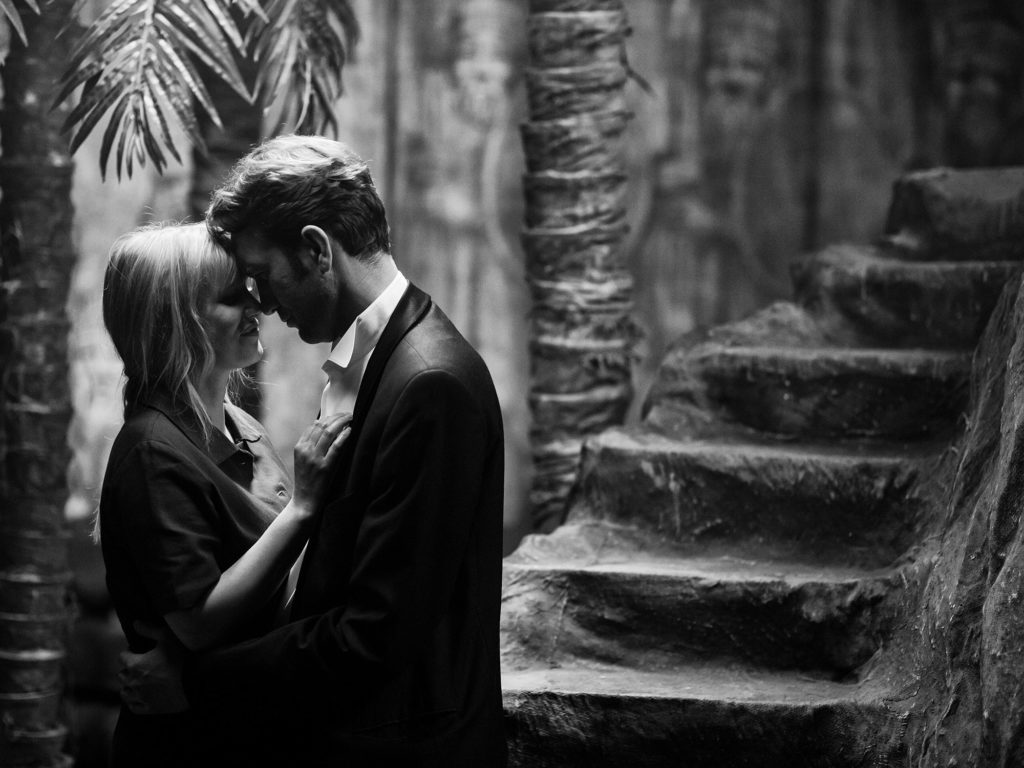
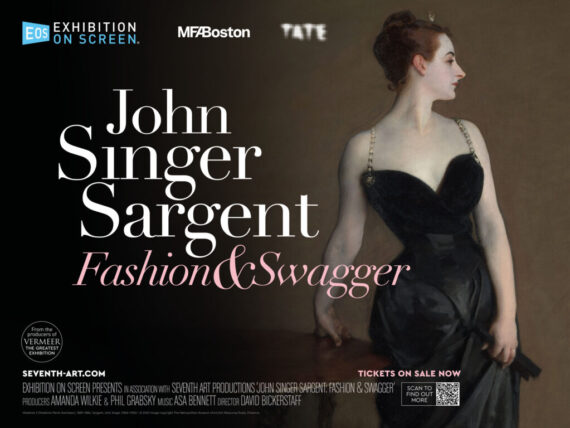



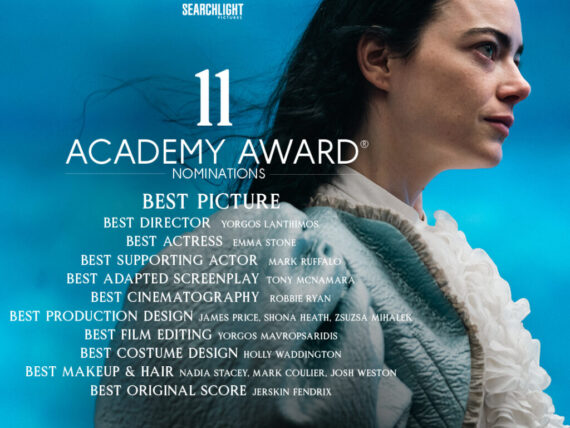
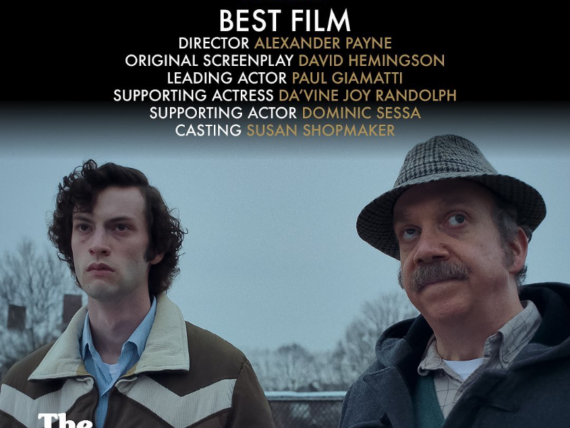
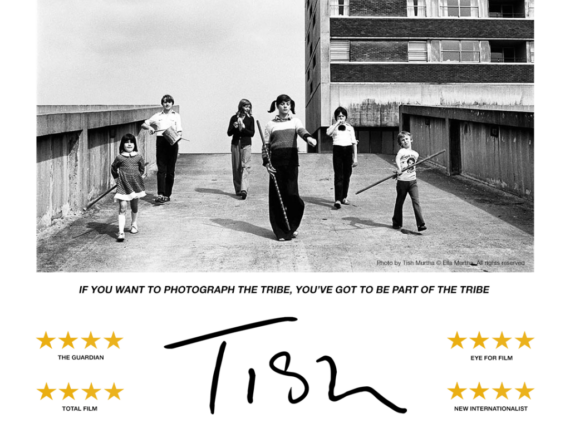

Comments
Comments are closed.